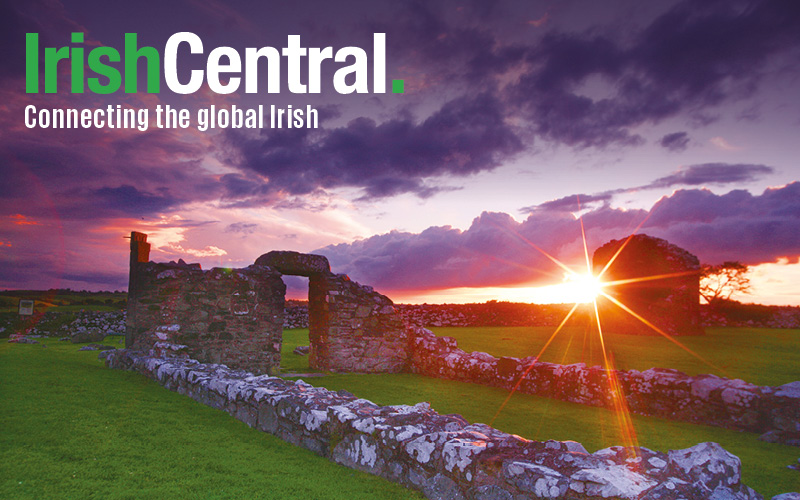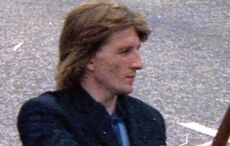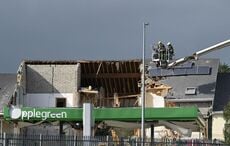The former Irish billionaire, Sean Quinn, has been ordered to repay $2.26 billion in debts to Anglo Irish Bank, in a landmark judgment.
Quinn, who was formerly Ireland’s richest man, has been ordered to pay Anglo a further $554 million, following a separate court judgment last week.
Judge Peter Kelly told the Commercial Court that the business tycoon had offered no defense to the orders sought by Anglo Irish Bank, which was nationalized during Ireland’s banking crisis.
Quinn declared bankruptcy in a Belfast court earlier in November, admitting that he owed $554 million in debts and had just €66,000 in assets.
He was listed as Ireland’s richest man by Forbes magazine three years ago, with a fortune estimated at $6bn.
However, the Fermanagh businessman’s insurance, cement, and property empire collapsed in 2010 after the share price of Anglo dramatically dropped and the bank was nationalized.
Throughout the years he had built up a 28percent stake in Anglo, through a number of investments.
_________
Read More:
More news stories from Ireland on IrishCentral
Broken Bank bids to overturn Sean Quinn bankruptcy in Belfast courts
More news on Sean Quinn
_________
Mike Aynsley, chief executive of Anglo told the court it was it important to recover from Quinn as much of the debt as possible due to the huge amount of taxpayers’ money used to prevent the bank collapsing.
“Mr Quinn gave the bank guarantees and indemnities in respect of extensive borrowings which benefited Quinn companies and Quinn family members. Today’s commercial court judgment gives clear, unambiguous recognition to the legal obligations of Mr Quinn in relation to these guarantees and that is welcomed today,” Aynsley said.
In a response to Monday’s judgement, Quinn expressed disappointment.
“Since I have already been declared bankrupt in Northern Ireland, I was effectively unable to defend these proceedings.
“However, it is well known that members of my family are currently disputing the legitimacy of the loans involved, through a High Court action in Dublin.”




Comments